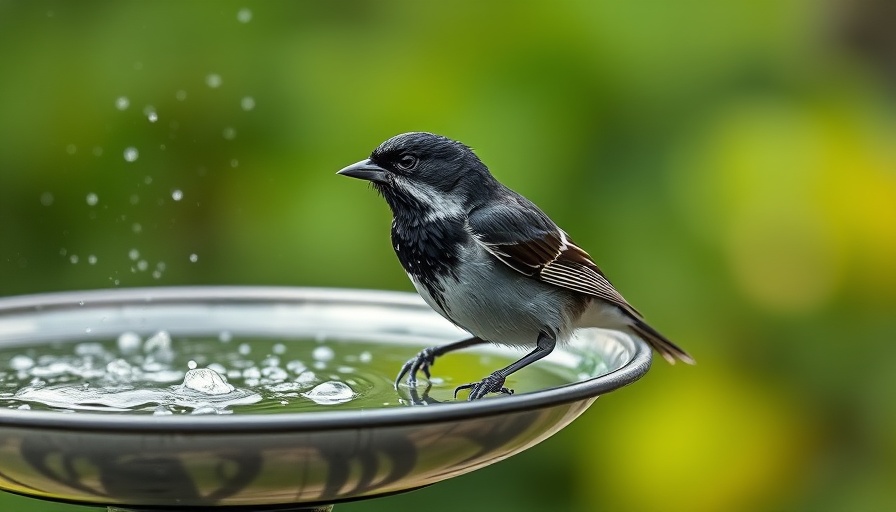
Recognizing Bird Flu Symptoms in Your Backyard Flock
As backyard chicken keeping continues to gain popularity, the concerns surrounding the avian flu, particularly highly pathogenic avian influenza (HPAI), have also increased. With an understanding that symptoms can arise suddenly and may be severe, it's critical for owners to familiarize themselves with the signs to ensure the health of their flock and community. Experts from the Oregon Health Authority highlight important indicators to watch for:
- Sudden Death: This alarming symptom can occur with no prior signs of illness.
- Lethargy and Reduced Appetite: Affected birds may exhibit withdrawn behavior, often appearing depressed and ruffled.
- Physical Symptoms: Look for swollen combs and wattles, which may turn a blue or purple hue.
- Respiratory Issues: Chickens may cough, sneeze, or exhibit difficulty breathing accompanied by nasal discharge.
- Ongoing Health Monitoring: Track changes in egg production, observing for decreases or abnormalities.
In the face of such symptoms, immediate action is vital. If you suspect any of these signs in your chickens, do not touch the birds. Instead, contact the Oregon State Veterinarian immediately at 503-986-4711 or email them at AnimalHealth@oda.oregon.gov. For concerns regarding wild birds, the Oregon Department of Fish and Wildlife is available at 866-968-2600.
Why You Should Monitor Your Backyard Flock
The rising incidence of bird flu has heightened the focus on biosecurity among poultry owners. Understanding and recognizing the implications of HPAI in backyard flocks is essential not only for safeguarding the health of your chickens but also for preventing the potential spread to commercial poultry farms. Given the close interactions between backyard flocks and wild birds, staying vigilant ensures both the wellbeing of your animals and the larger farming community.
Community Awareness can Combat Avian Flu
Educating oneself and one's community about bird flu is crucial. With the agglomeration of farms and the overlap with wildlife, champions of poultry farming must advocate for programs that emphasize health monitoring and protective measures. Alerting neighbors about the signs of illness can generate a responsive community wish to act promptly, thereby potentially averting the broader spread of the virus.
Chicken owners should remain proactive and stay informed about HPAI. Engaging with local health authorities and being involved in community discussions can lead to better management practices and ensure the sustainable upkeep of backyard flocks.
 Add Row
Add Row  Add
Add 




Write A Comment